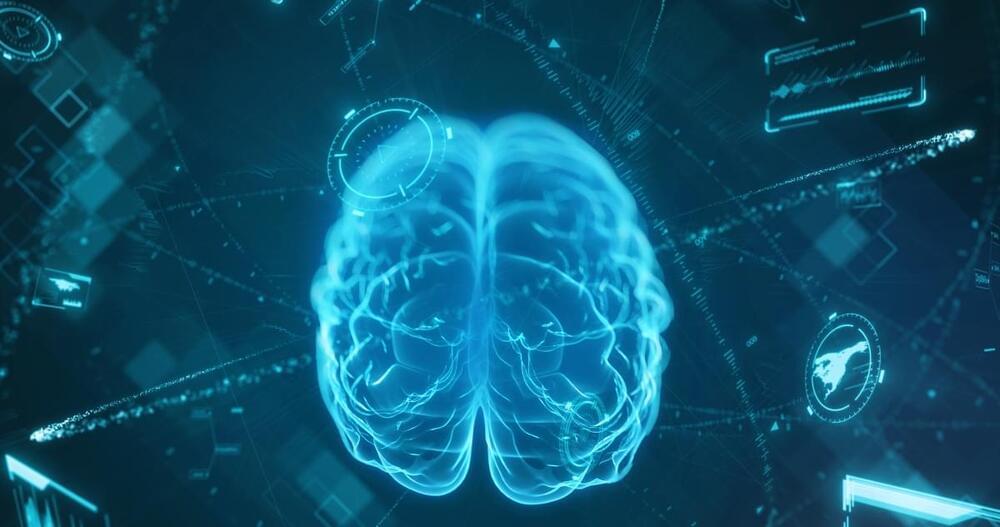AI is everywhere. Its use is being debated in headlines, on social media and around dinner tables. To some, the rate of AI acceleration is concerning, with many technology leaders calling for a six-month pause in the training of new systems to better understand the impact such tools are having. To others, AI is seen as the cornerstone of the fourth industrial revolution, the latest disruptive technology opening up possibilities for new ways of learning, working and living that we have never experienced before.
Yet, disruptive technologies are nothing new. They have been changing the way we live and work for decades. And these changes have not been without consequences, particularly in the form of economic dislocation and social upheaval. Automation in manufacturing has streamlined mass production and driven down costs; Ecommerce platforms have reshaped the way we shop and do business; even online education has found new ways to provide flexible and affordable ways of learning, delivering opportunities to millions across the globe that simply were not available before.
Presently, much of the discussion around the impact of AI is based on conjecture. However, it is widely agreed that it will have a major impact on jobs and even has the potential to call into question the very fundamentals of what work is. What is not understood is how AI will play out across society in the longer term. Will it, like previous technological revolutions, deliver short-term disruptions followed by long-term benefits, or will it be the catalyst for new ways of learning and upskilling and help reduce the widening digital divide?
